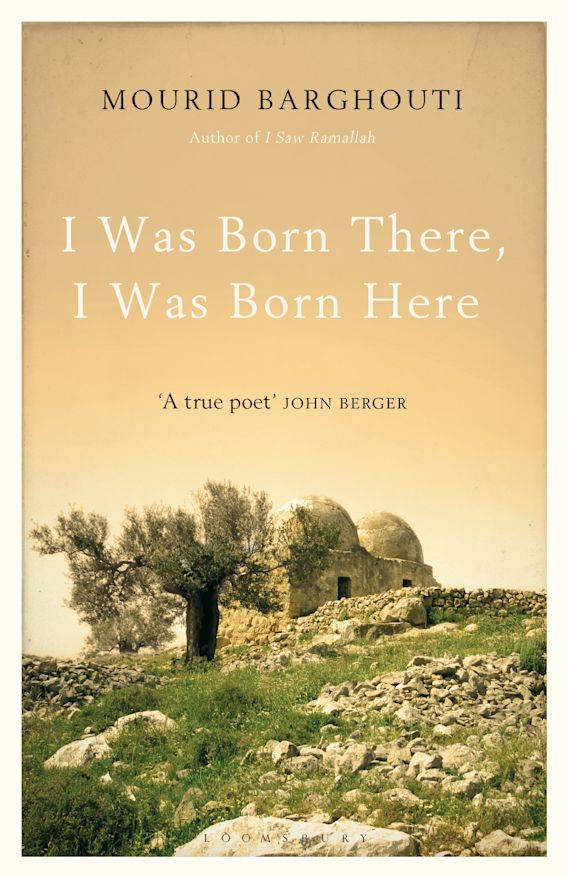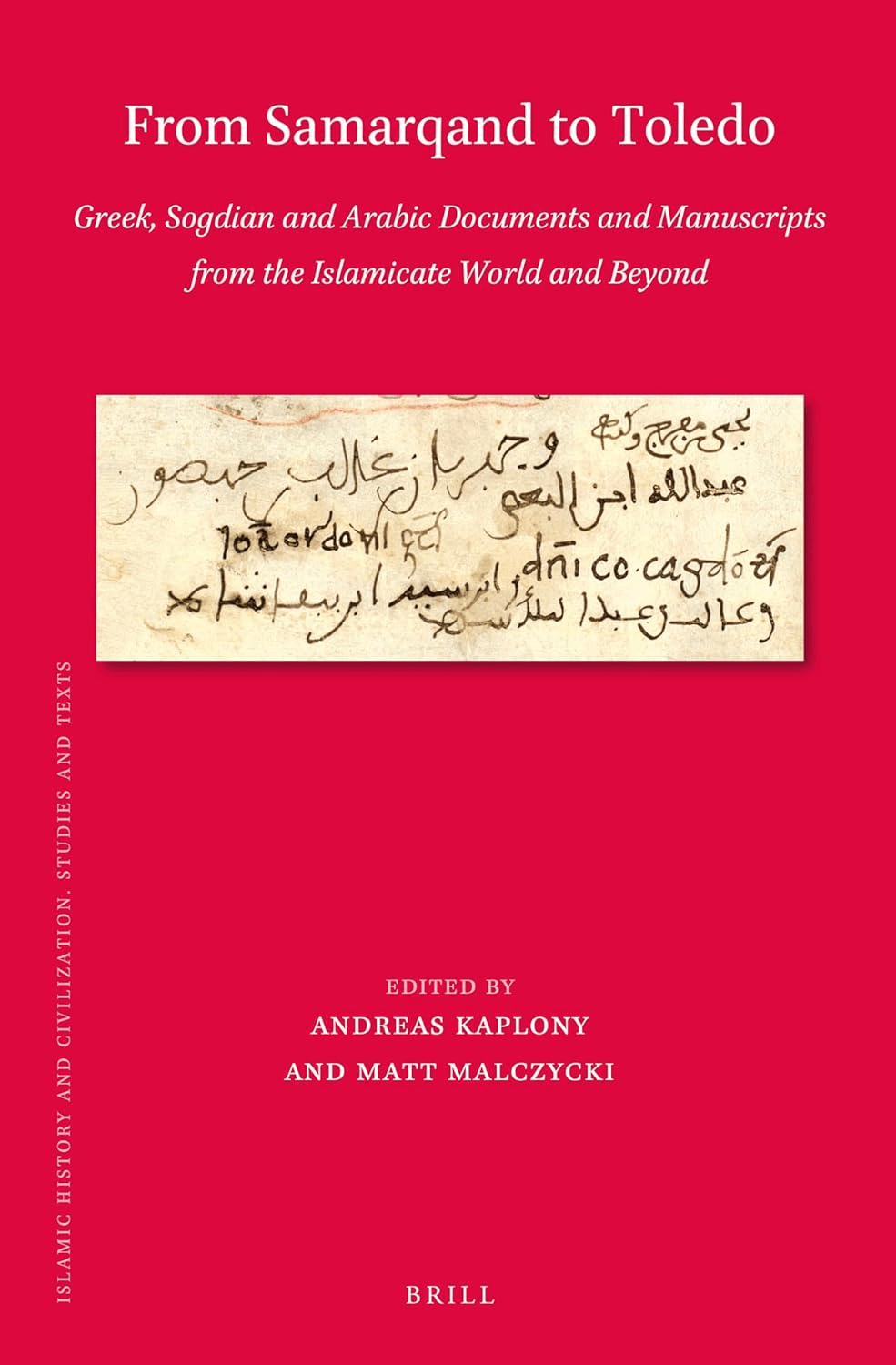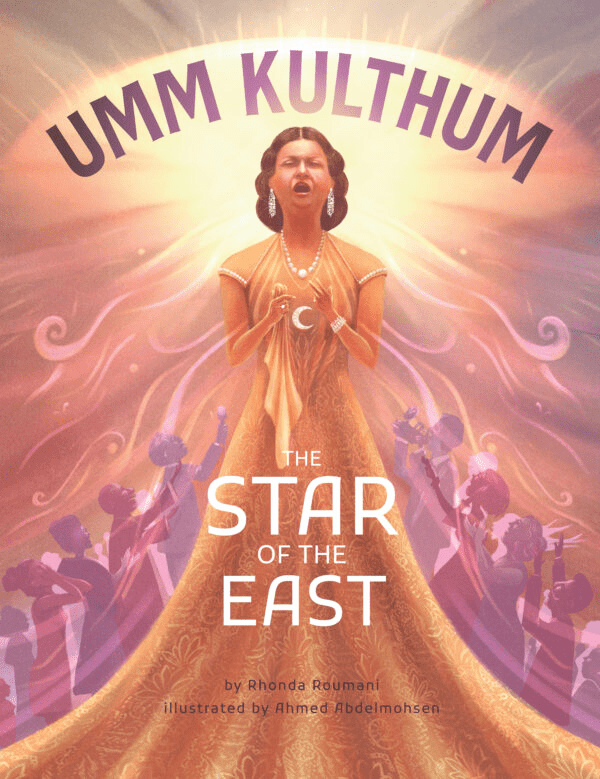
I Was Born There, I Was Born Here
Piney Kesting
Mourid Barghouti.
Bloomsbury, 2011.
“I want to write the history of things no one else will ever write for me. I want to carve the least of my feelings with a chisel on a stone next to the highway.”
—From I Was Born There, I was Born Here
In the summer of 1998, renowned Palestinian poet and author Mourid Barghouti (1944–2021) traveled to Ramallah with his son, Tamim, to obtain the 21-year-old’s Palestinian identity card. As he watched his son discover Palestine for the first time, Barghouti lamented no longer knowing the physical and emotional geography of his own homeland after being exiled for three decades, since the Occupation started in the 1960s: “I am now walking in Jerusalem as a father. Now my son walks beside me. I come burdened with my past. He starts from the white page of the future.” Barghouti’s journey traveling that summer in a shared cab from Ramallah to Jericho and avoiding Israeli checkpoints and blocked roads exposed the arduous daily life of Palestinians who confront life under Occupation with courage and dignity. Translated into English in 2011, this compelling, intimate story sadly rings as true today as it did nearly 25 years ago.
—Piney Kesting
You may also be interested in...

Old Documents Shed New Light on History in Book Connected to Ancient Islamic World
The painstaking work to recover history—one page at a time—is on brilliant display in this collection of essays focusing on early Arabic, Coptic, Greek, Hebrew, Latin and Sogdian manuscripts.
Children’s Book Documents Rise of Umm Kulthum, Egypt’s Star of the East, As Declaration of National Identity
Illustrator Rhonda Roumani presents an illustrative biography of legendary Egyptian singer and cultural icon Umm Kulthum.